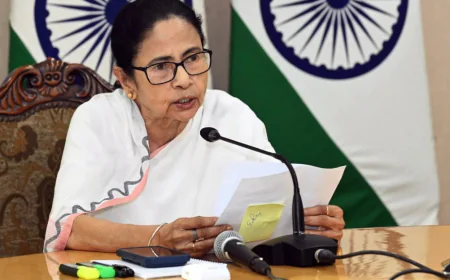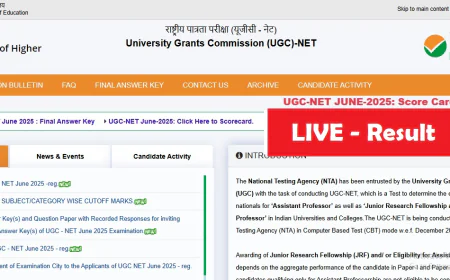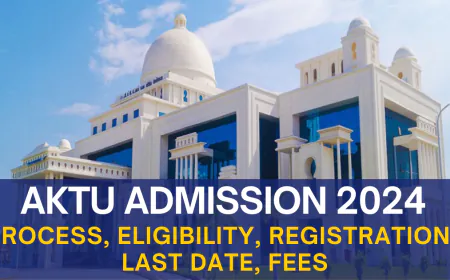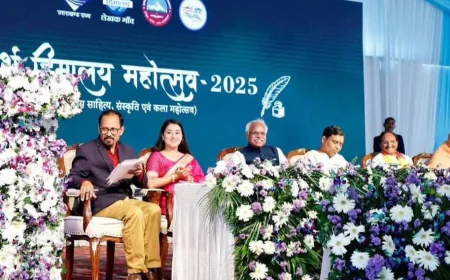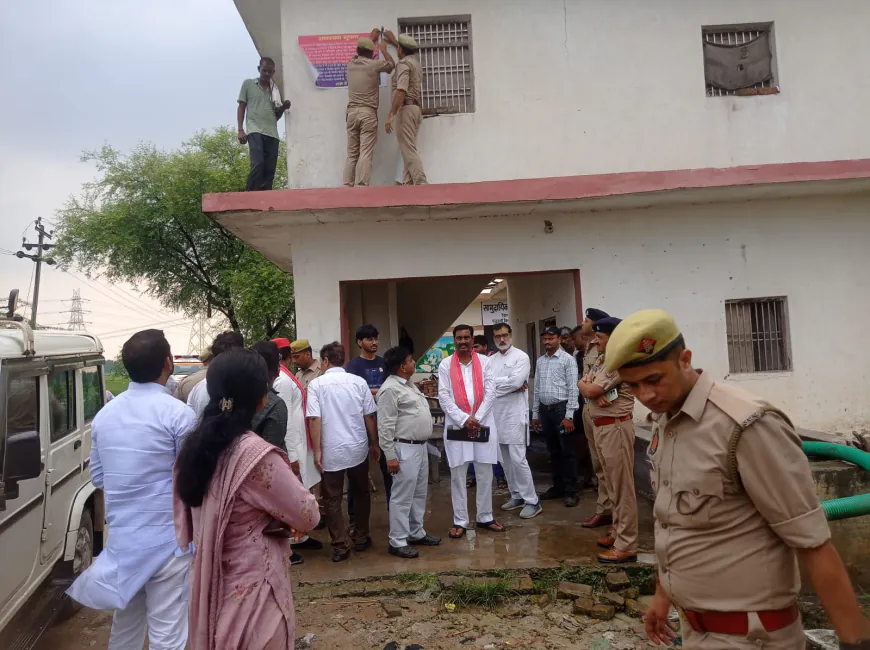India's Journey with Artificial Intelligence (AI) Since Independence

India's Journey with Artificial Intelligence (AI) Since Independence
India's journey with Artificial Intelligence (AI) since its independence has been a story of gradual development, foundational research, and, more recently, a rapid acceleration driven by government policy and a vibrant startup ecosystem. While the country wasn't at the forefront of early AI research, it has strategically leveraged its strengths in software development and a large talent pool to carve out a significant position in the global AI landscape. The Early Days: Laying the Foundations (1960s-1990s) * Academic Beginnings: The groundwork for AI in India was laid in the 1960s and 70s at premier institutions like the Indian Institute of Technology (IIT) Kanpur and the Indian Institute of Science (IISc), Bangalore.
These institutions began introducing computer science programs and, later, dedicated courses on AI and pattern recognition. * Government-led Research: The Indian government played a key role in the 1980s. The Department of Electronics, with support from the United Nations Development Programme, initiated the Knowledge Based Computer Systems Project in 1986. This marked India's first major AI research program. * Supercomputing and C-DAC: The establishment of the Centre for Development of Advanced Computing (C-DAC) in 1988 was a pivotal moment. While focused on supercomputing, C-DAC's work laid the necessary infrastructure and capabilities that would later support advanced AI research and development. The Growth Phase: From IT Services to AI (2000s-2010s) * IT Giants Join In: The 2000s saw a growing interest from India's major IT companies like Tata Consultancy Services (TCS), Infosys, and Wipro. They began investing in dedicated AI research and development, initially for business process automation and later for a broader range of applications.
* "Digital India" and AI: The launch of the "Digital India" initiative in 2014 was a major catalyst. It emphasized the importance of emerging technologies, including AI, and created the digital infrastructure necessary for widespread AI adoption. * Rise of Startups: The 2010s witnessed a boom in AI-focused startups. Cities like Bengaluru, Hyderabad, and Pune emerged as key hubs for AI innovation, attracting talent and investment. The Modern Revolution: A National AI Strategy (2018-Present) The past few years have been a period of hyper-acceleration, with the Indian government taking a proactive and strategic approach to AI development. * National AI Strategy: In 2018, the Indian government launched its National Strategy for Artificial Intelligence. This report, titled "AI for All," outlined a vision to use AI for social and economic benefits, focusing on key sectors like healthcare, agriculture, education, and smart cities. * The IndiaAI Mission: A landmark initiative was the approval of the IndiaAI Mission in 2024 with a significant outlay of ₹10,300 crore. This mission is designed to build a comprehensive AI ecosystem through seven key pillars:
* IndiaAI Innovation Centre: To develop indigenous foundational models. * IndiaAI Application Development Initiative: To promote scalable AI solutions for socio-economic transformation. * AIKosh Platform: A unified hub for datasets and tools. * IndiaAI Compute Capacity: Building a scalable AI ecosystem with a large number of GPUs. * IndiaAI Startup Financing: To provide funding to deep-tech AI startups. * IndiaAI FutureSkills: To expand AI education at all levels. * Safe & Trusted AI: To ensure responsible and ethical AI development. * Indigenous AI and Open Source: India has been a strong proponent of an open-source-first approach to AI development. Initiatives like the Bhashini platform are leveraging open-source frameworks to build natural language processing (NLP) models that support India's 22 official languages and numerous dialects, making AI more accessible and inclusive. * Global Recognition and Impact: India has been recognized globally for its AI talent. According to the Stanford AI Index 2024, India ranks first in the world for AI skill penetration. This talent pool, combined with government initiatives and a thriving startup scene, is positioning India as a major AI hub.
Impact on the Economy and Society The AI revolution is having a profound impact on India, both positive and challenging: * Economic Growth: AI is expected to add a significant amount to India's economy in the coming years. It is boosting productivity and innovation across various sectors, including manufacturing, retail, and IT. * Social Applications: AI is being used to address societal challenges, such as: * Healthcare: AI-driven diagnostics are helping to bridge the doctor shortage in rural areas. * Agriculture: Precision farming using AI-based weather prediction is helping farmers increase their yields. * Education: AI-powered platforms are providing personalized learning, helping to reduce the urban-rural digital divide. * Job Market Disruption: While AI is creating new jobs, it is also expected to transform and potentially displace a significant number of existing roles, particularly those that are repetitive and low-skill. This has led to a focus on upskilling and reskilling the workforce to prepare for an AI-driven future. In conclusion, India's journey with AI has evolved from early academic curiosity to a concerted national effort. Fueled by a strong talent pool, a supportive government, and a dynamic startup ecosystem, India is now at the forefront of the AI revolution, aiming to leverage this transformative technology for inclusive growth and societal development. Vijay Garg Retired Principal Educational columnist Eminent Educationist street kour Chand MHR Malout Punjab -152107



